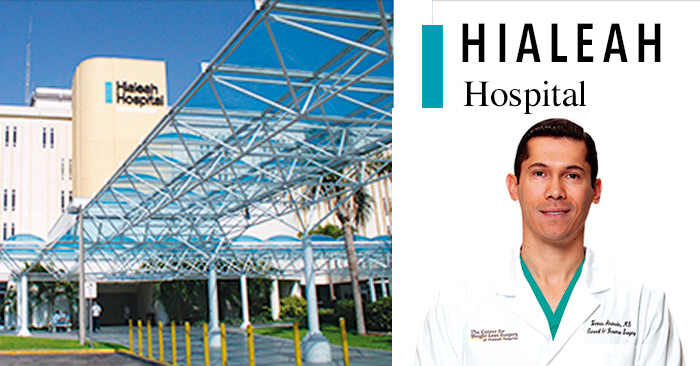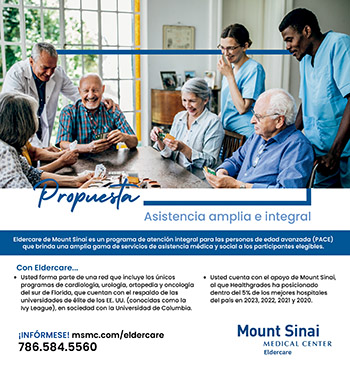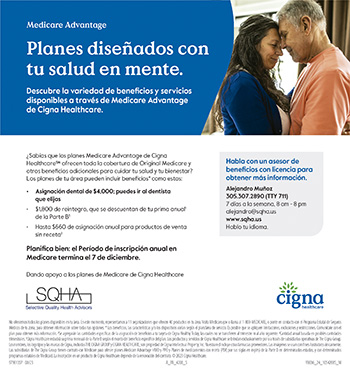Weight loss surgery is the first step in a life-long journey that can help people who are overweight or obese gradually shed the pounds and improve their overall health. For the procedure to be a success, however, it must be combined with permanent commitments to healthy eating and regular exercise.
Most patients spend two to three days in the hospital following weight loss or bariatric surgery. Once they have returned home, patients must follow a special diet recommended by their physician. They cannot return to their previous eating habits because of the changes made to the gastrointestinal tract. Bariatric patients are usually advised to:
- Eat small, frequent meals throughout the day and not skip meals
- Eat slowly and chew food thoroughly
- Avoid carbonated drinks, alcohol, and desserts and items high in sugar or fat
- Stop eating when they feel full
During the first three to six months, you will lose weight quickly. Patients typically need to take vitamin supplements that include iron, vitamins B12 and D, folate and calcium because the body is not able to absorb these nutrients as well. Follow-up tests are usually done at least annually to check for anemia or vitamin deficiency.
Returning to work and pre-surgery levels of activity will depend on the type of weight loss surgery performed, the patient’s physical condition and the nature of the activity. Most patients are able to return to work and exercise in one to two weeks. Women should take precautions not to become pregnant for up to two years after weight loss surgery due to the added demands that pregnancy places on the body.
In addition to changing their diets, bariatric patients also should exercise on a regular basis to keep the weight off. Once they have lost weight, bariatric patients often experience an improvement in pre-existing health conditions such as asthma, type 2 diabetes, high blood pressure, obstructive sleep apnea, high cholesterol, and gastroesophageal reflux disease. Some patients may choose to undergo plastic surgery after losing weight if they have large folds of skin, loose muscles or localized pockets of fat tissue.
Weight loss surgery does not guarantee that patients will be able to lose all their excess weight or keep it off long term. Permanent lifestyle changes must be made for the weight loss process to be successful.
For more information about weight loss surgery, reserve your space to assist a weekly lecture by bariatric surgeon Dr. Andrade at Hialeah Hospital,
Call 1-800-470-7422














